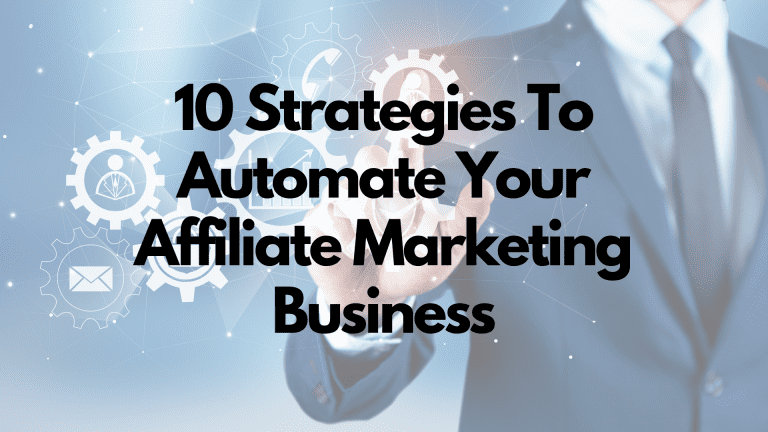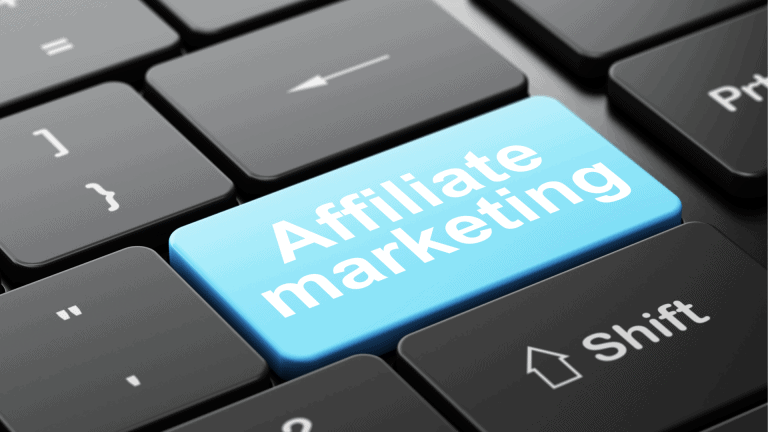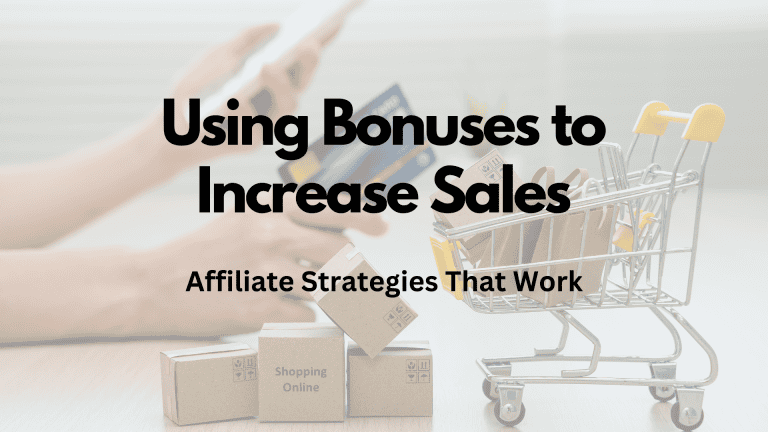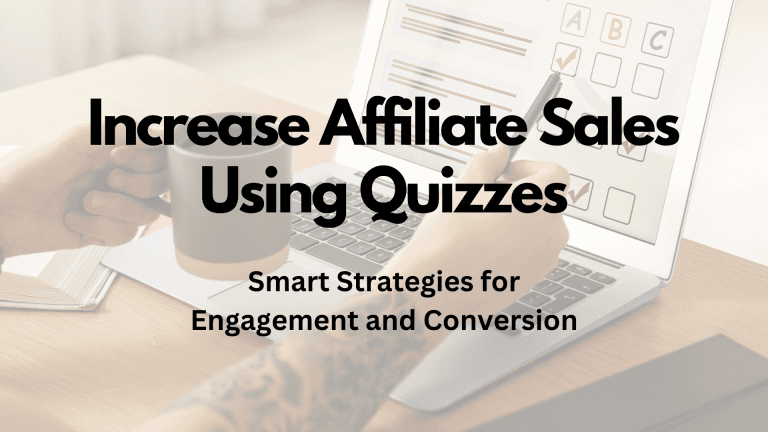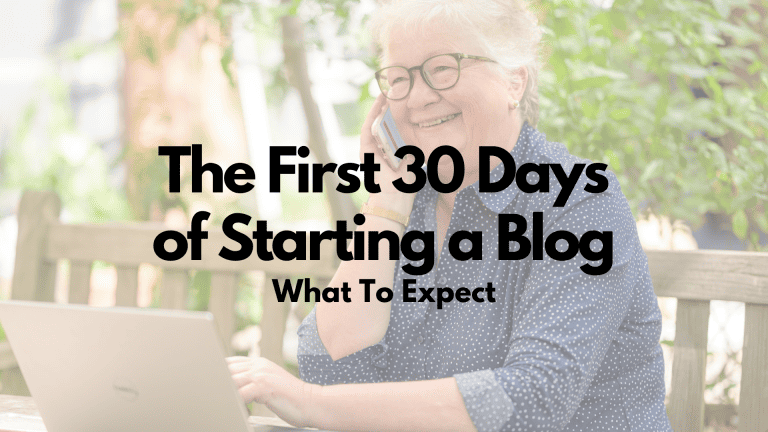
Starting on a blogging journey is an exhilarating adventure filled with boundless excitement and high hopes.
The prospect of sharing your thoughts, insights, or passions with the vast digital world is invigorating.
The dreams of building a thriving community, making a difference, or monetizing your platform can fuel your enthusiasm.
However, this excitement is accompanied by a set of formidable challenges.
Starting a blog demands dedication, creativity, technical know-how, and the ability to navigate the dynamic landscape of digital content creation.
The first month of blogging is a whirlwind of emotions and efforts.
It begins with an enthusiastic kickoff, where you immerse yourself in crafting the perfect blog, envisioning the profound impact it might have.
Yet, reality sets in as you encounter the complexities of running a blog.
Technical hurdles, content creation dilemmas, and the struggle to find your niche in the blogosphere punctuate this initial stage.
Despite the challenges, the journey takes you through a learning curve, helping you understand the dynamics of blogging, engage with your audience, and set the stage for future growth.
Setting Up and Designing Your Blog
Selecting the appropriate platform for your blog is a foundational decision in the blogging journey.
Popular options like WordPress, Blogger, Wix, and others each have their strengths and cater to different user preferences.
WordPress, renowned for its versatility and extensive customization options, stands as a preferred choice for many (myself included).
On the other hand, Blogger offers seamless integration with Google services, making it user-friendly for those entrenched in the Google ecosystem.
Wix boasts a drag-and-drop interface, making it exceptionally easy for beginners.
Assessing your needs, technical comfort level, and long-term goals will guide you in making the right choice.
Equally important is the design of your blog, which encompasses the layout, colour scheme, typography, and overall aesthetic appeal.
A user-friendly design is important in ensuring a positive visitor experience.
The navigation should be intuitive, enabling easy exploration of your content.
Furthermore, optimizing your blog for mobile devices is a necessity in today's digital landscape, where a significant portion of internet traffic comes from smartphones and tablets.
A responsive design ensures that your blog looks and functions well across various screen sizes, improving accessibility and engaging a broader audience.
Striking a balance between aesthetic appeal and practical usability ensures a successful and enjoyable blogging experience for both you and your readers.
Crafting Your First Posts
The excitement of publishing your first blog posts is unparalleled, akin to embarking on a new chapter of your creative journey.
These initial articles are a canvas where you splash your thoughts, ideas, and expertise, establishing your blog's voice and identity.
The sense of accomplishment as you hit the “publish” button and share your work with the world is a moment of exhilaration, a realization of the courage it takes to put your thoughts out for public consumption.
It's the beginning of a conversation, an invitation for readers to join you on your blogging expedition.
As you begin starting. blog, finding the right balance between quality and quantity of posts is a crucial deliberation.
While consistency is key to maintaining reader engagement and improving search engine visibility, it shouldn't compromise the quality of your content.
Aim for a posting frequency that aligns with your ability to create well-researched, meaningful content.
Quality articles that resonate with your audience will have a more lasting impact than a barrage of hastily constructed posts.
Strive for a content calendar that respects both your creative process and your readers' expectations, aiming for a sweet spot where you deliver valuable content consistently without sacrificing the essence of your writing when starting a blog.
Starting A Blog: Setting Realistic Expectations
In the early stages of launching your blog, it's essential to temper your expectations regarding website traffic.
While it's natural to aspire to instant popularity and a flurry of visitors, it's vital to understand that monumental traffic spikes are rare at the outset.
Gaining significant traction takes time, effort, and consistent content creation.
The internet is vast, and getting noticed amidst the multitude of online platforms requires patience and strategic efforts.
Focus on building a solid foundation, optimizing your content, and gradually growing your readership.
Each visitor to your blog holds immense value, especially in the beginning.
Engage with them by responding to comments, seeking feedback, and encouraging discussions.
A small, dedicated readership base is the seed from which your blog's growth sprouts.
These early readers can become your staunch advocates, spreading the word and attracting more traffic over time.
Prioritize fostering a sense of community and trust, as a loyal readership will not only increase your blog's reach but also enhance its credibility, ultimately leading to sustained growth and a more substantial online presence.
Engaging with Early Readers
Experiencing the joy of receiving your initial comments and feedback on your blog is akin to a budding artist seeing their work admired.
It's an exhilarating moment, signifying that your thoughts and ideas have resonated with someone out there in the digital world.
Those first comments, no matter how few, are invaluable as they validate your efforts, motivate you to continue and mark the beginning of a meaningful dialogue with your audience.
The excitement of reading a comment, replying to it, and engaging in a conversation is a fundamental milestone in the early days of your blogging journey.
Engaging with your readers is the cornerstone of a successful blog.
Beyond being an outlet for your thoughts, a blog is a platform to build a community. When you actively respond to comments, ask for feedback, and involve your readers in discussions, you're forging connections.
This sense of community fosters loyalty and encourages readers to keep coming back, eager to be a part of the ongoing conversation.
Building a vibrant community around your blog not only enriches the content but also elevates your blog from a mere publication to a dynamic, interactive hub where readers feel heard, valued, and connected.
Social Media and Promotion
Social media is a powerhouse for blog promotion and engagement.
Setting up dedicated social media profiles for your blog is crucial in extending your reach.
Choose platforms that align with your target audience and content style. Create profiles that reflect your blog's personality and message.
Consistency in branding, such as using the same profile picture and handle, helps establish a cohesive online presence.
Your social media accounts are not just avenues for sharing your blog posts but also places for building a community, engaging with followers, and offering a behind-the-scenes look into your blogging journey.
Promoting your blog on social media is not just about sharing links; it involves understanding each platform's algorithms, trends, and audience behaviour.
Learning how to craft compelling posts, use relevant hashtags, and engage with your followers effectively can be a steep learning curve.
The journey of gaining followers is a marathon, not a sprint.
It requires patience, persistence, and a genuine connection with your audience.
It's about offering value, being authentic, and engaging in meaningful conversations.
Over time, you'll discover what resonates with your followers and build a growing and engaged community eager to read and share your blog posts.
SEO Basics: A Glimpse into Optimization
Search Engine Optimization, often abbreviated as SEO, is the compass that guides your blog through the intricate terrain of the internet.
It's the practice of fine-tuning your content and website structure to ensure that search engines like Google, Bing, and Yahoo can easily find, understand, and rank your pages.
In a digital world inundated with information, SEO is the key to making your blog discoverable.
It's the art and science of improving your blog's visibility in search engine results pages, increasing the likelihood of attracting organic, targeted traffic.
While the world of SEO can appear complex and ever-evolving, this article will demystify some fundamental aspects, offering simple steps to make your blog more search engine-friendly.
Optimizing your blog for search engines doesn't require an advanced degree in computer science.
It begins with some basic yet crucial practices.
Start by conducting keyword research to identify the terms and phrases your target audience will likely use when searching for content like yours.
Then, strategically incorporate these keywords into your blog's content, headings, and meta descriptions, ensuring they are relevant and enhance the user experience.
Structuring your content with clear headings, bullet points, and concise paragraphs not only improves readability but also signals to search engines that your content is well-organized and valuable.
Regularly updating and adding fresh, high-quality content to your blog keeps it relevant and engaging, a factor search engines appreciate.
Additionally, building high-quality, relevant backlinks to your blog from reputable websites can boost your SEO efforts when starting a blog.
By implementing these simple steps, you'll be well on your way to making your blog more search-engine friendly and increasing its chances of being discovered by a wider audience.
Monetization: To Start or Wait?
Monetizing your blog is a significant milestone that many aspiring bloggers contemplate.
While it offers the promise of turning your passion or expertise into a source of income, the decision of whether to start monetizing early on or wait is a crucial one.
There are various avenues to consider, such as affiliate marketing, displaying ads, and collaborating on sponsored posts.
Affiliate marketing involves promoting products or services and earning a commission on sales generated through your blog.
Displaying ads, whether through ad networks or private partnerships, can provide a steady stream of revenue.
Sponsored posts involve partnering with brands or companies to create content that promotes their products or services in exchange for payment.
These options can be appealing, but the timing of implementing them is essential.
Pros of monetizing your blog early include the potential for financial gain, which can help offset the costs of running your blog and reward your time and effort.
It can also motivate you to take your blog seriously, as it transitions from a hobby to a business.
Monetization can provide opportunities for collaboration with brands and further establish your blog's legitimacy.
However, there are cons to consider as well.
Monetizing too early may overwhelm your readers with ads, compromising the user experience and potentially driving them away.
It might also distract you from your primary goal of producing valuable content if the focus becomes solely on making money.
Striking a balance and carefully considering when and how to monetize is vital, as it can significantly impact your blog's growth and your relationship with your audience.
Challenges and Hurdles
Starting a blog is an exciting venture, but it comes with its fair share of challenges.
New bloggers often encounter common hurdles when starting a blog that can be quite daunting.
Writer's block, for instance, is a frequent issue that can leave bloggers staring at a blank page.
Technical glitches, ranging from website errors to design dilemmas, can disrupt the smooth running of the blog.
Additionally, understanding and implementing SEO, handling social media promotion, and managing time effectively are challenges that many beginners grapple with.
These hurdles to starting a blog can be discouraging, but they're an integral part of the learning process for new bloggers.
Amidst the challenges, the key to a successful blogging journey is staying motivated and committed.
It's easy to become disheartened, especially when traffic and engagement are slow to build.
Setting realistic goals, celebrating small milestones, and finding a support network of fellow bloggers can provide the motivation needed to keep going.
Consistency in posting and continually honing your writing and technical skills are essential for growth.
Remember why you embarked on the journey of starting a blog in the first place – whether it's to share your passion, educate, or connect with a community – and let that purpose fuel your commitment to overcoming obstacles and achieving your blogging goals.
Reflecting and Planning Ahead
As you approach the end of your first 30 days of starting a blog, taking the time to reflect on your blog's performance and growth is crucial.
Evaluate your traffic, engagement, and response to your content.
What worked well, and what didn't?
Analyzing your statistics and understanding your audience's preferences can help you tailor your future content to better meet their needs.
This reflection period is an opportunity to celebrate your achievements, no matter how small, and learn from any initial setbacks.
It sets the stage for informed decision-making and strategic planning in the months to come.
After the reflective phase, it's time to set goals and strategies for the next phase of starting a blog.
What do you hope to achieve in the coming months?
These goals could include targets for increased traffic, higher reader engagement, or even monetization objectives.
Develop a clear content calendar, incorporating lessons learned from your first month, and refine your blogging strategies.
Consider exploring new marketing and promotion techniques to expand your blog's reach.
By setting actionable goals and planning strategically, you can embark on your blogging journey with renewed focus and determination, ensuring that each month brings you closer to your long-term aspirations.
Conclusion
In the first 30 days of starting a blog, we embark on a journey filled with aspirations, expectations, and a thirst for learning.
It's a time of excitement and, at times, uncertainty. As we reflect on this transformative period, we uncover invaluable lessons that shape our growth as bloggers.
One of the most profound lessons is the art of adaptation.
We learn to adapt to the ever-evolving landscape of the digital world, where technical challenges, writer's block, and the quest for understanding SEO become our daily companions.
We adapt to the rhythms of our readers, recognizing the value of each comment, each moment of engagement, and each unique perspective that enriches our content.
We embrace the reality that building a blog is not a sprint but a marathon, where perseverance is our strongest ally.
We learn the power of community, discovering that engaging with our readers and fellow bloggers elevates our content and deepens our passion.
In this supportive ecosystem, we share experiences, seek advice, and offer encouragement.
In the first 30 days of starting a blog yu will learn that, through collaboration and genuine connections, our blogs become more than just web pages; they transform into vibrant spaces where ideas are exchanged and friendships are forged.
This journey also underscores the importance of setting realistic goals and crafting a clear roadmap for our blogs.
It's through reflection and planning that we nurture our blogs from their fragile beginnings into thriving platforms with unique voices and purpose.
As we continue to persevere in this dynamic world of blogging, we invite you to share your own “first 30 days of starting a blog” experiences.
We encourage you to ask questions, seek advice, and connect with our ever-growing community.
Your journey is unique, and your story is a valuable addition to the narrative of blogging.
Together, we can inspire, learn, and grow, ensuring that the first 30 days are just the beginning of a fulfilling and transformative blogging adventure.
Share Your “First 30 Days” Experiences
We invite all our readers, whether you're a seasoned blogger or just starting your journey, to share your “first 30 days of starting a blog” experiences.
What were the challenges you faced, and how did you overcome them? What are the lessons you've learned that have shaped your blogging path?
By sharing your stories, you not only inspire others but also contribute to the collective wisdom of our blogging community.
Additionally, if you have questions or are facing specific challenges in your blogging journey, don't hesitate to reach out.
Our community is here to support you, offer guidance, and provide solutions to your blogging dilemmas.
Whether it's technical issues, content creation, SEO, or anything else, I'm ready to help you navigate your path to success.
Your journey matters and your questions and experiences are valuable to us.
Let's grow together as bloggers and creators.


